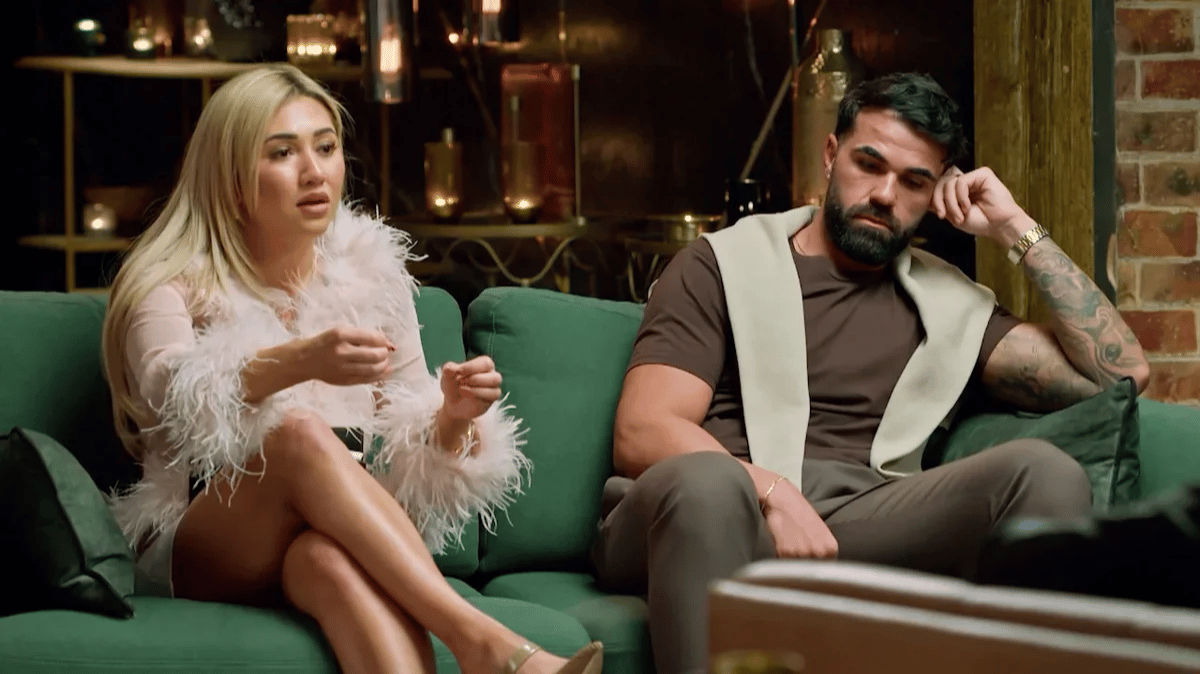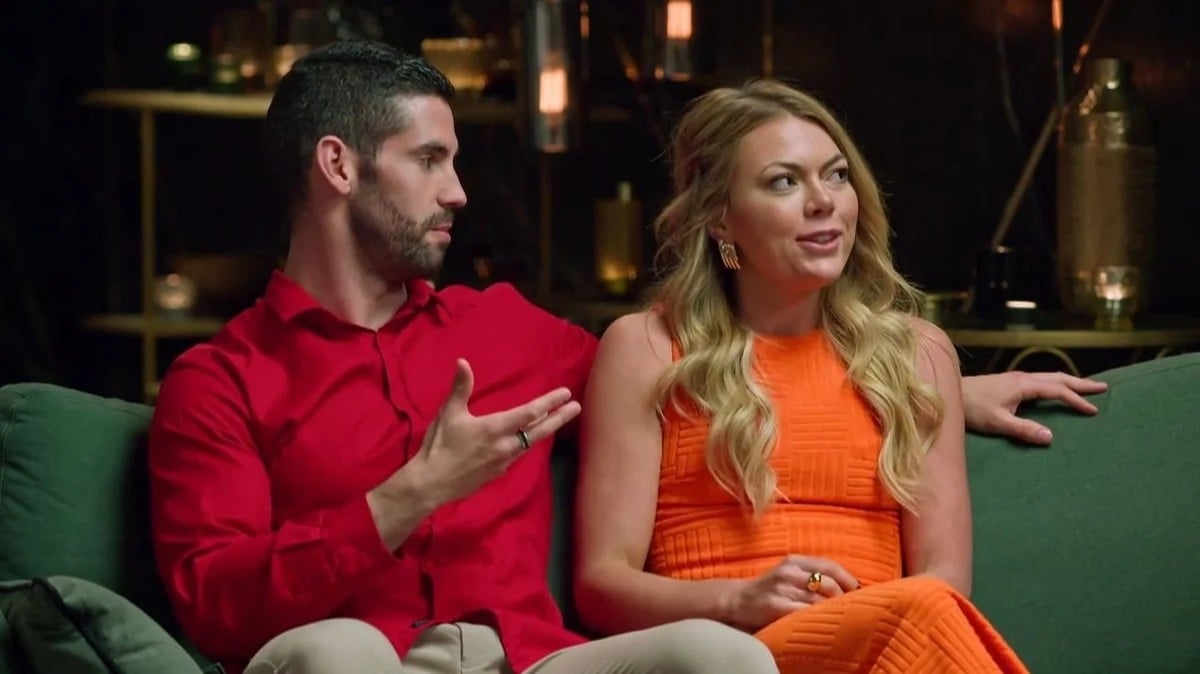
As we've been watching Married At First Sight this year, we've been quick to call out the red flags displayed by certain contestants — in particular, the troubling displays of aggression this season. But there's an equally insidious form of control happening right under our noses that often flies under the radar.
While the experts have rightfully focused on the physical confrontations on this season of MAFS, namely Paul's unacceptable behaviour when he punched a hole through a door, there's another disturbing undercurrent playing out before our eyes — one that's harder to identify but just as damaging.
Let's talk about Adrian Araouzou's treatment of his on-screen wife, Awhina Rutene.
Watch Adrian and Awhina on MAFS. Article continues after video.
The interrupting, the gaslighting, the double standards… the red flags are plenty. From the moment they were paired, viewers have witnessed a masterclass in subtle manipulation techniques that many might recognise from their own relationship experiences.
Every time Awhina attempts to express her feelings or concerns, Adrian interrupts her. It's become so blatant that even the experts have called him out for shutting her down when she tries to speak.
During family week, after the now-infamous blowup between their families, Adrian demonstrated his double standards with crystal clarity.

































































































